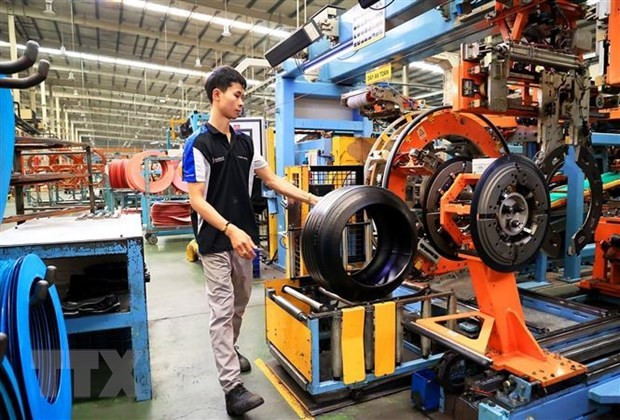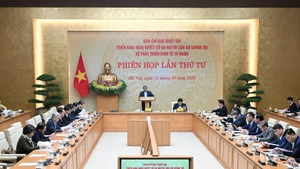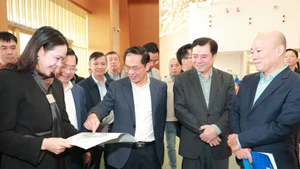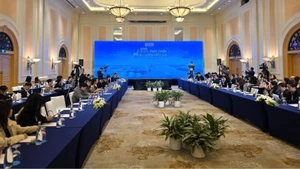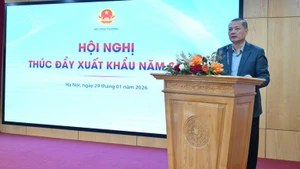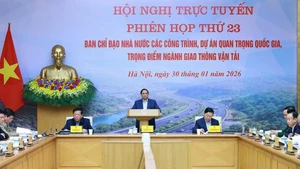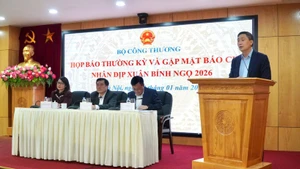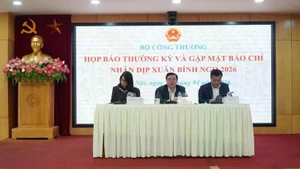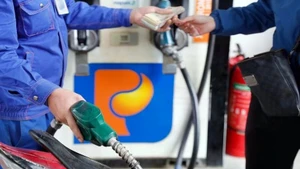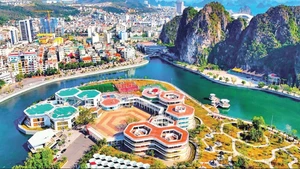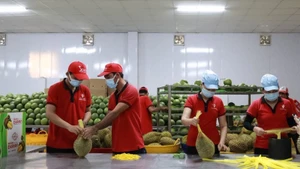The two-year project was funded by the Southeast Asia Energy Transition Partnership (ETP) and will be carried out by VCCI.
The overall objective of the project is to raise awareness in the two industries, support business access to finance for investments and the economical and efficient use of energy. It aims also to establish connections among manufacturers, financiers and ESCOs, pilot assessment of energy efficiency standards for the two industries and develop a roadmap to establish an ESCO Association in Vietnam.
VCCI Vice President Bui Trung Nghia said communication activities to change habits and raise the awareness of energy saving among employees as well as technical support activities to apply modern and natural technologies, automating production and using high-efficiency power-consuming equipment can save 20-40% of electricity consumption depending on the size and technology in the manufacturing business.
Therefore, Nghia said, promoting energy-saving solutions in production is very important in the process of socio-economic development while ensuring national energy security.
The project will help businesses use resources more efficiently, practise responsible manufacturing, improve social and environmental conditions, and reduce carbon emissions in the two energy-intensive industries, said Nguyen Thi Thanh Huyen, project coordinator of VCCI’s Project Management Unit.
The project aims to raise awareness and improve management methods for the economical and efficient use of energy of 100 manufacturers in the supporting and food processing industries. About 10 factories will be supported to develop viable energy efficiency projects while three other factories will apply technology to improve energy efficiency. It is expected to establish a network for the economical and efficient use of energy, including manufacturers, ESCO, financial institutions, and stakeholders. It will also consult the roadmap to establish the ESCO Association and pilot a benchmarking tool for the economical and efficient use of energy.
At the workshop, John Robert Cotton, Senior Program Manager of the Southeast Asia Energy Transition Partnership (ETP - project sponsor), said that ETP is currently focused activities in Indonesia, the Philippines and Vietnam, three countries with high energy demand, a large number of fossil fuel-based energy projects and significant and cost-effective potential for renewable energy.
In Vietnam, enterprises in the food processing industry and supporting industries have seen rapid industrialisation and have great potential for energy saving and greenhouse gas emission reduction. However, businesses are facing many difficulties in applying energy-saving solutions due to a lack of information on energy efficiency, sustainability and green production, according to Cotton.
